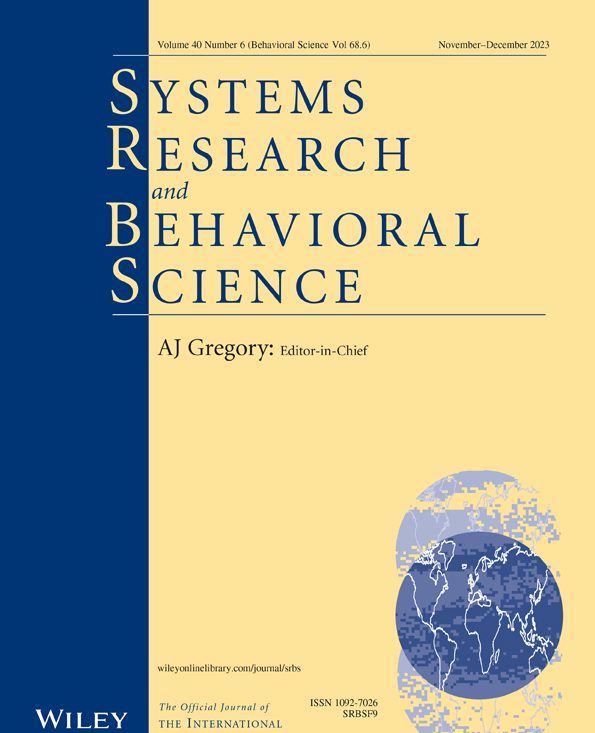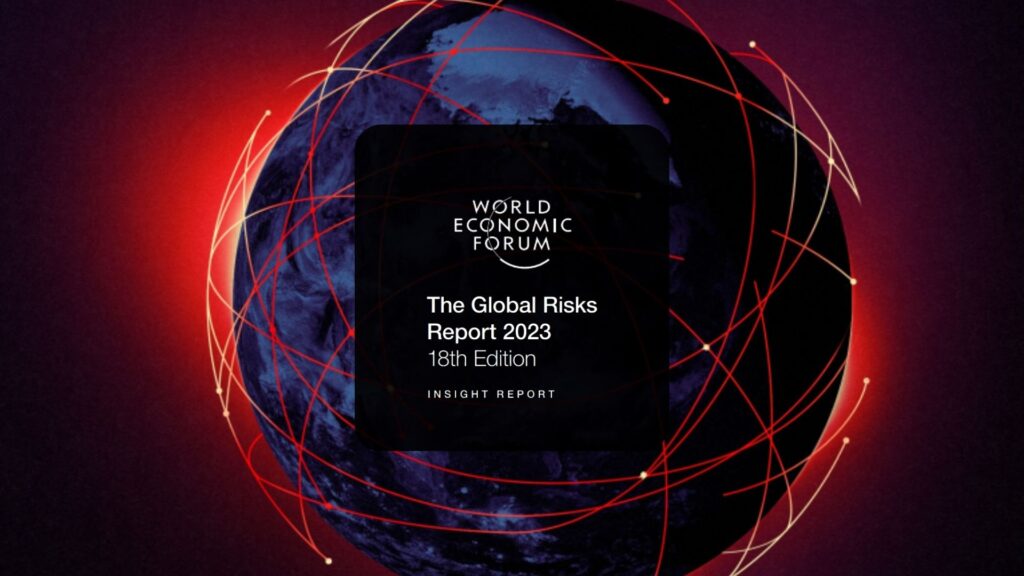Global Tipping Points Report 2023
Global Tipping Points is a report, led by the University of Exeter’s Global Systems Institute and funded by the Bezos Earth Fund, that identifies negative and positive tipping points with regards to ongoing global crises. According to the report, the existence of negative tipping points shows that the threats posed by the current crises we […]
Global Tipping Points Report 2023 Read More »










